H.R. 3513: Supreme Court Ethics, Recusal, and Transparency Act of 2025
The Supreme Court Ethics, Recusal, and Transparency Act of 2025 is designed to establish guidelines and increase transparency concerning the conduct of justices of the Supreme Court of the United States. Below are the main provisions of the bill:
Code of Conduct for Justices
The Act requires the Supreme Court to develop a code of conduct for justices within 180 days of the bill's enactment. This code will guide the ethical standards and behaviors expected from justices. Additionally, the Judicial Conference (the administrative body of the federal courts) must also create a similar code for other federal judges within the same timeframe.
Public Access to Ethics Rules
The rules of conduct established by the Supreme Court must be accessible to the public via the Court's website. This will include a searchable and downloadable format for easier access to these standards.
Complaints Against Justices
The Supreme Court will set up procedures for individuals to file complaints against justices who may violate the established code of conduct or engage in other misconduct. The complaints will need to be signed and include sufficient details to substantiate allegations.
- The Court will refer these complaints to a judicial investigation panel composed of judges from different circuits to review and investigate the claims.
- The panel will be empowered to hold hearings, take testimony, and make recommendations regarding any findings of misconduct.
Gift and Disclosure Standards
The bill mandates the creation of rules regarding the acceptance of gifts by justices and their clerks. Justices will be required to disclose any gifts, income, or reimbursements they receive, similar to existing rules for other government officials.
Disqualification Circumstances
The Act further clarifies circumstances under which justices must disqualify themselves from cases, particularly if they have financial ties or relationships with parties involved in a case. These provisions aim to prevent conflicts of interest.
Review of Disqualification Motions
A procedure will be introduced for reviewing motions for disqualification of a justice. If a motion is filed, a panel of judges will handle the review and make a determination on the motion's validity, with the Supreme Court required to consider the findings.
Disclosure by Parties and Amici
The Supreme Court must also create rules requiring parties involved in cases to disclose any gifts or significant contributions made to justices. This aspect aims to enhance accountability and transparency regarding financial influences on justices.
Relevant Companies
None found.
This is an AI-generated summary of the bill text. There may be mistakes.
Sponsors
58 bill sponsors
-
TrackHenry C. "Hank" Johnson, Jr.

Sponsor
-
TrackYassamin Ansari

Co-Sponsor
-
TrackBecca Balint

Co-Sponsor
-
TrackJoyce Beatty
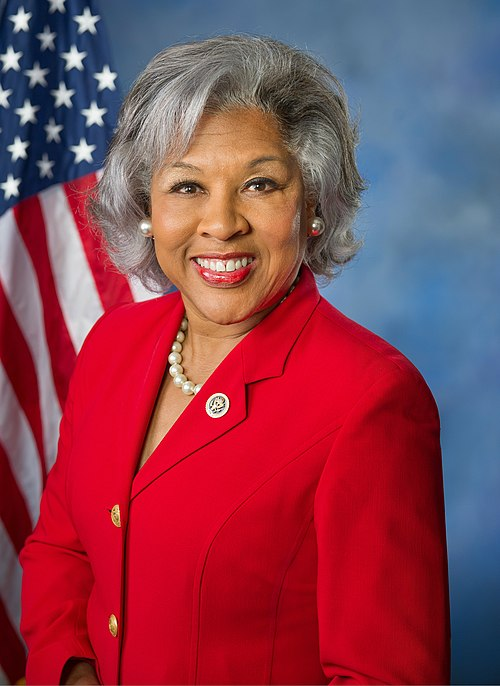
Co-Sponsor
-
TrackJulia Brownley
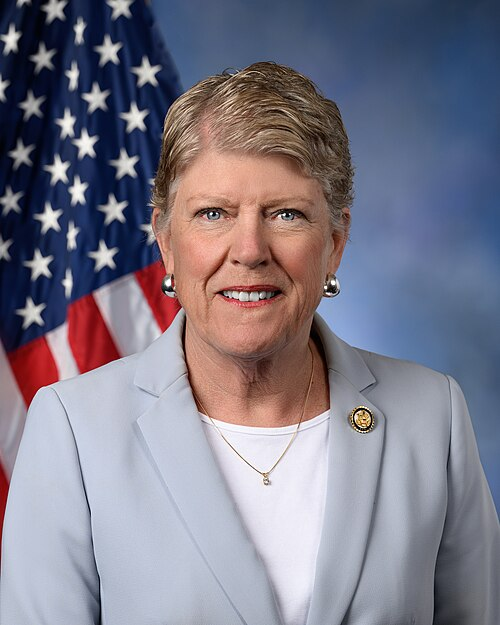
Co-Sponsor
-
TrackNikki Budzinski
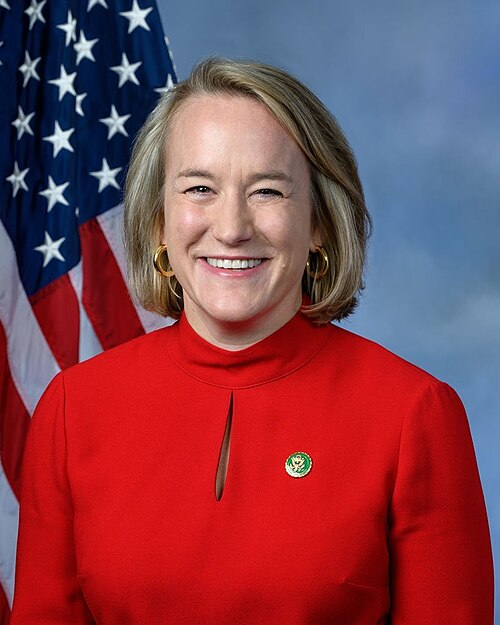
Co-Sponsor
-
TrackAndré Carson
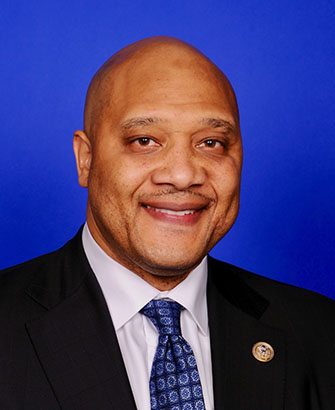
Co-Sponsor
-
TrackSean Casten

Co-Sponsor
-
TrackAngie Craig
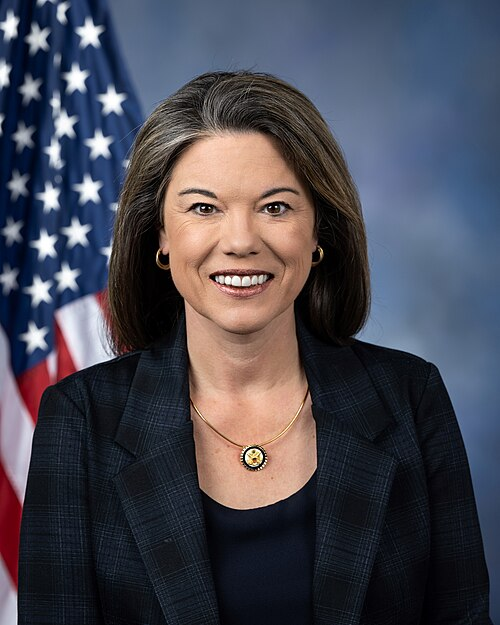
Co-Sponsor
-
TrackMark DeSaulnier
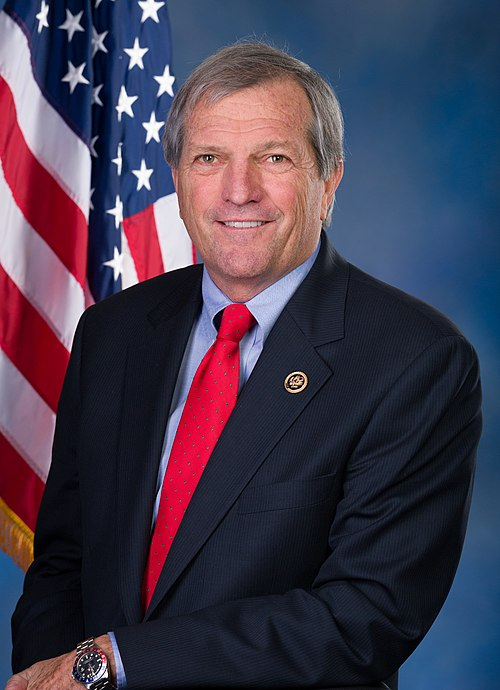
Co-Sponsor
-
TrackMadeleine Dean
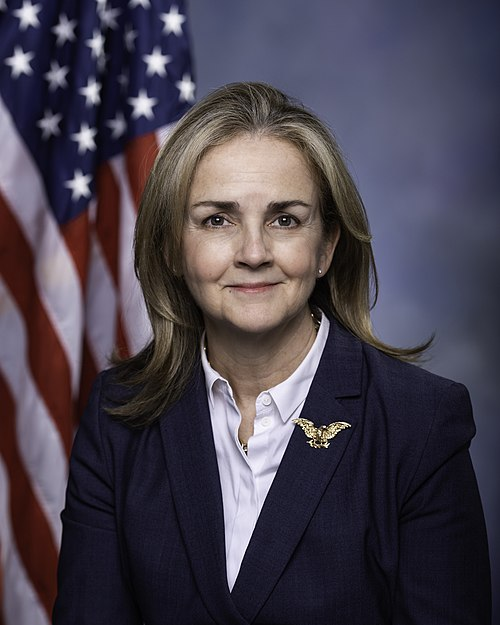
Co-Sponsor
-
TrackMaxine Dexter

Co-Sponsor
-
TrackLloyd Doggett

Co-Sponsor
-
TrackDwight Evans

Co-Sponsor
-
TrackCleo Fields

Co-Sponsor
-
TrackBill Foster
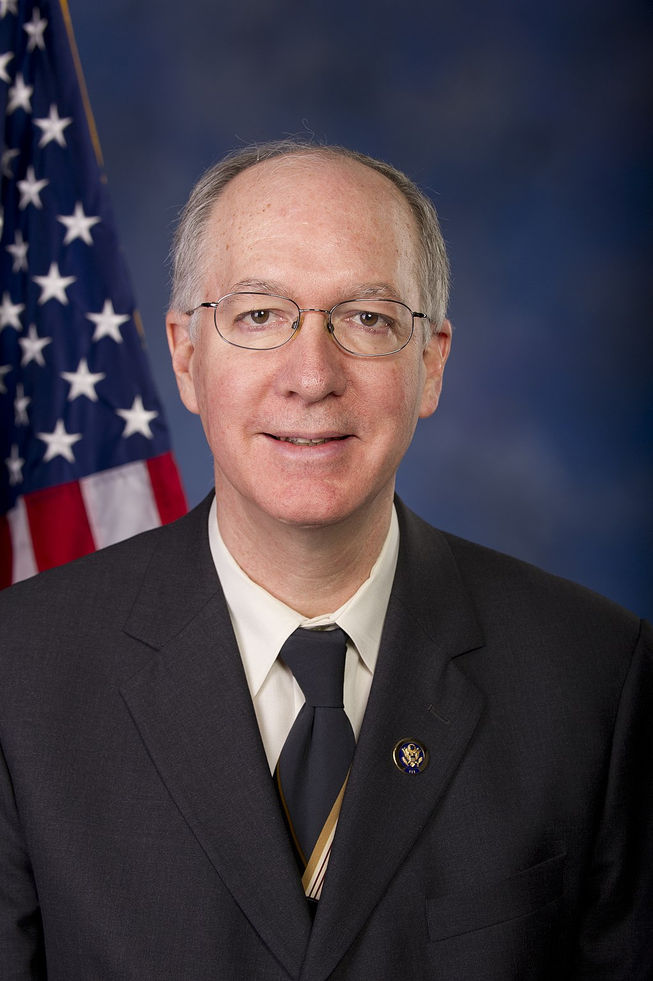
Co-Sponsor
-
TrackMaxwell Frost

Co-Sponsor
-
TrackJesús G. "Chuy" García
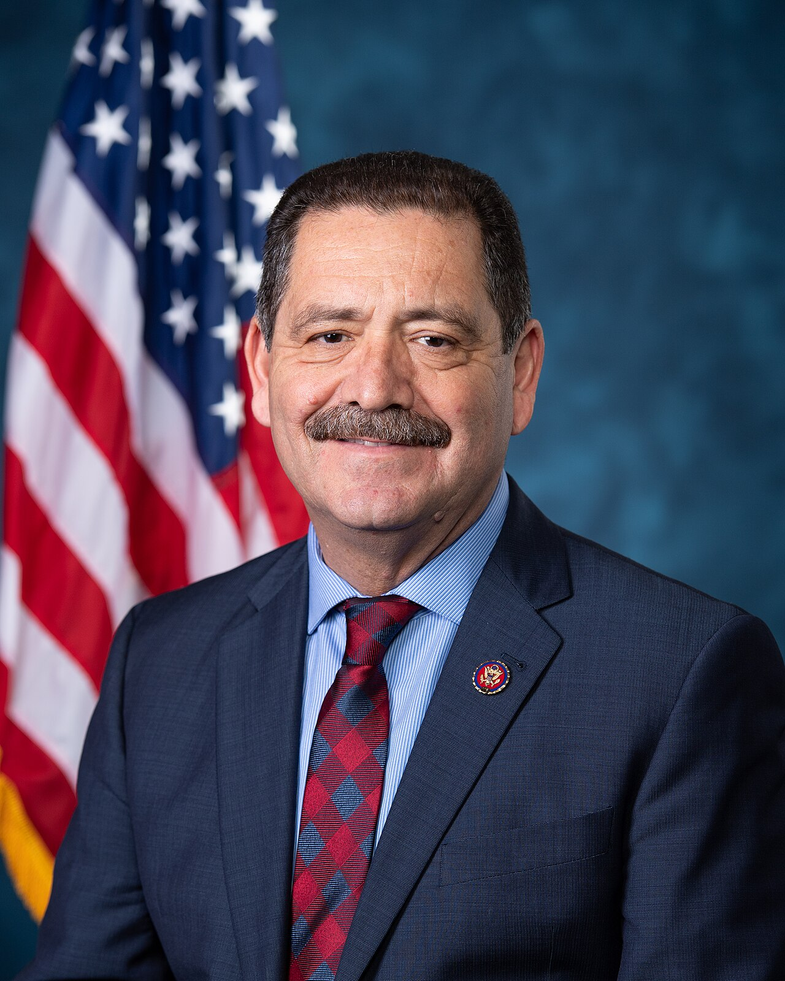
Co-Sponsor
-
TrackDaniel S. Goldman

Co-Sponsor
-
TrackVal T. Hoyle

Co-Sponsor
-
TrackRaja Krishnamoorthi

Co-Sponsor
-
TrackJohn B. Larson
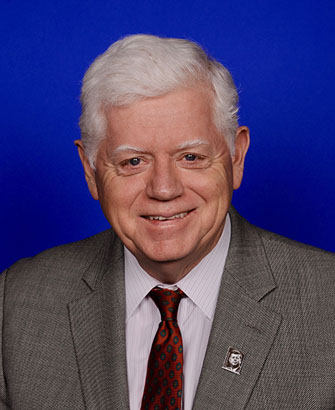
Co-Sponsor
-
TrackSusie Lee
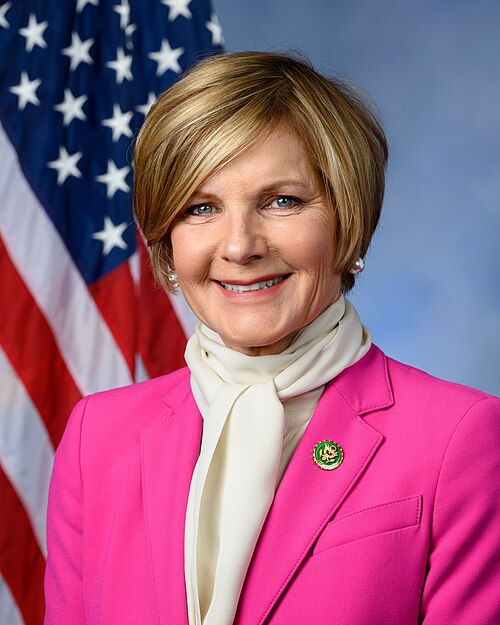
Co-Sponsor
-
TrackSummer L. Lee

Co-Sponsor
-
TrackTeresa Leger Fernandez
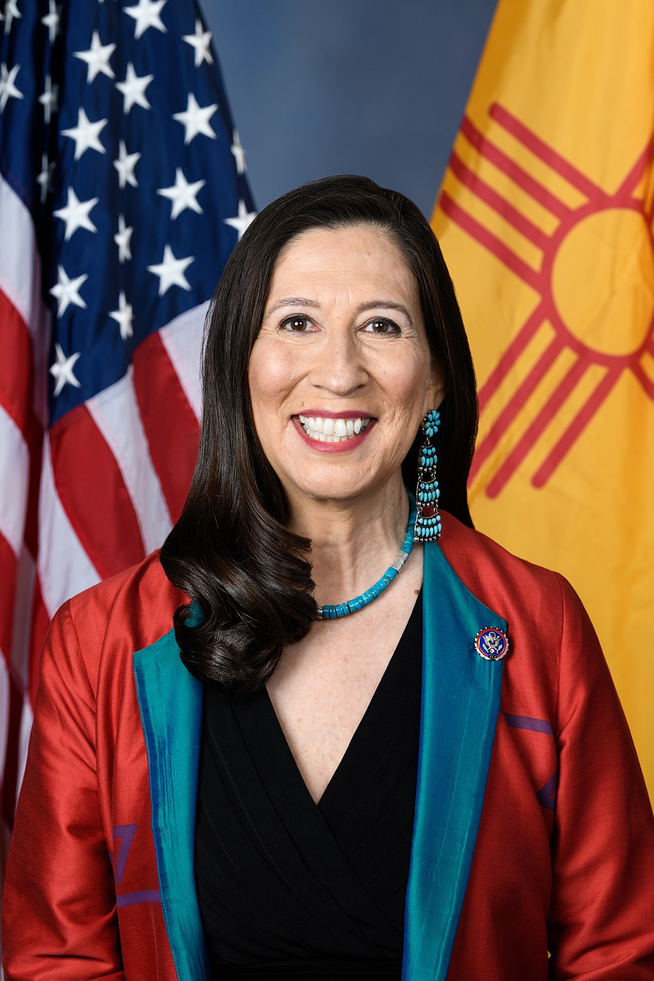
Co-Sponsor
-
TrackMike Levin
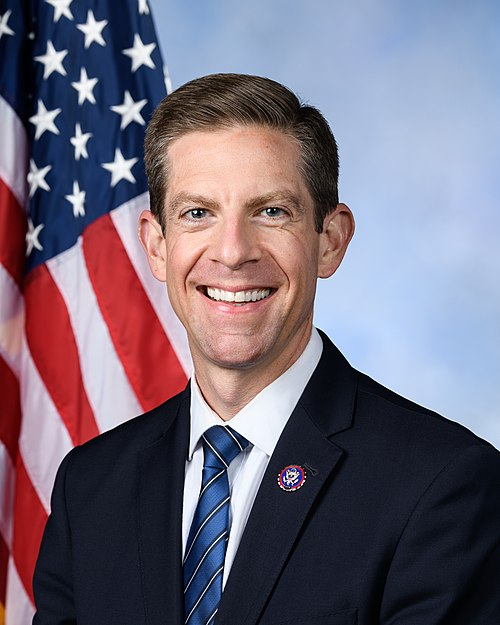
Co-Sponsor
-
TrackTed Lieu
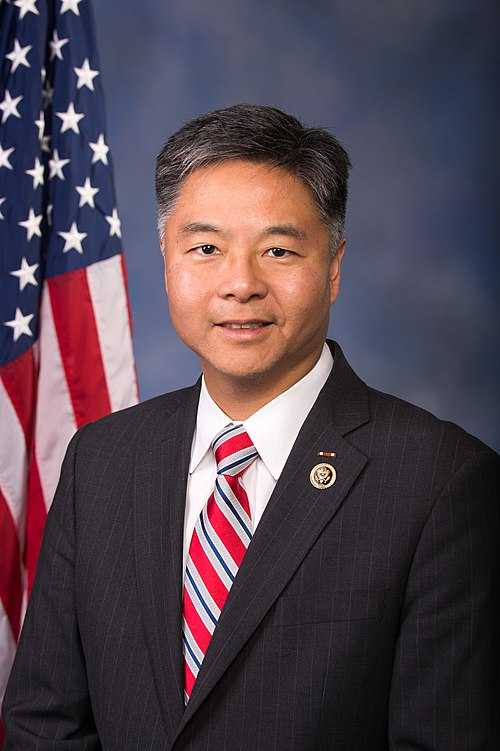
Co-Sponsor
-
TrackSeth Magaziner

Co-Sponsor
-
TrackJennifer L. McClellan
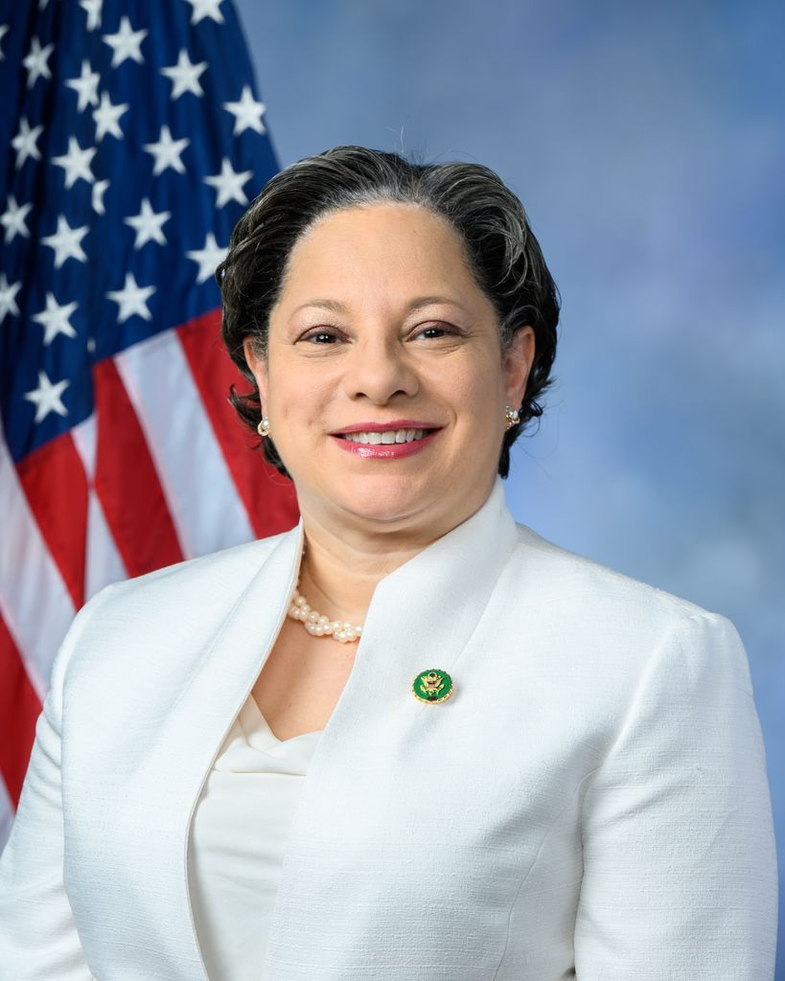
Co-Sponsor
-
TrackLaMonica McIver

Co-Sponsor
-
TrackDave Min

Co-Sponsor
-
TrackKevin Mullin
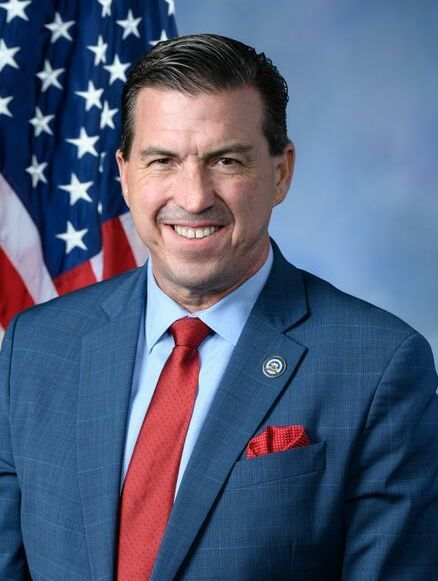
Co-Sponsor
-
TrackJerrold Nadler
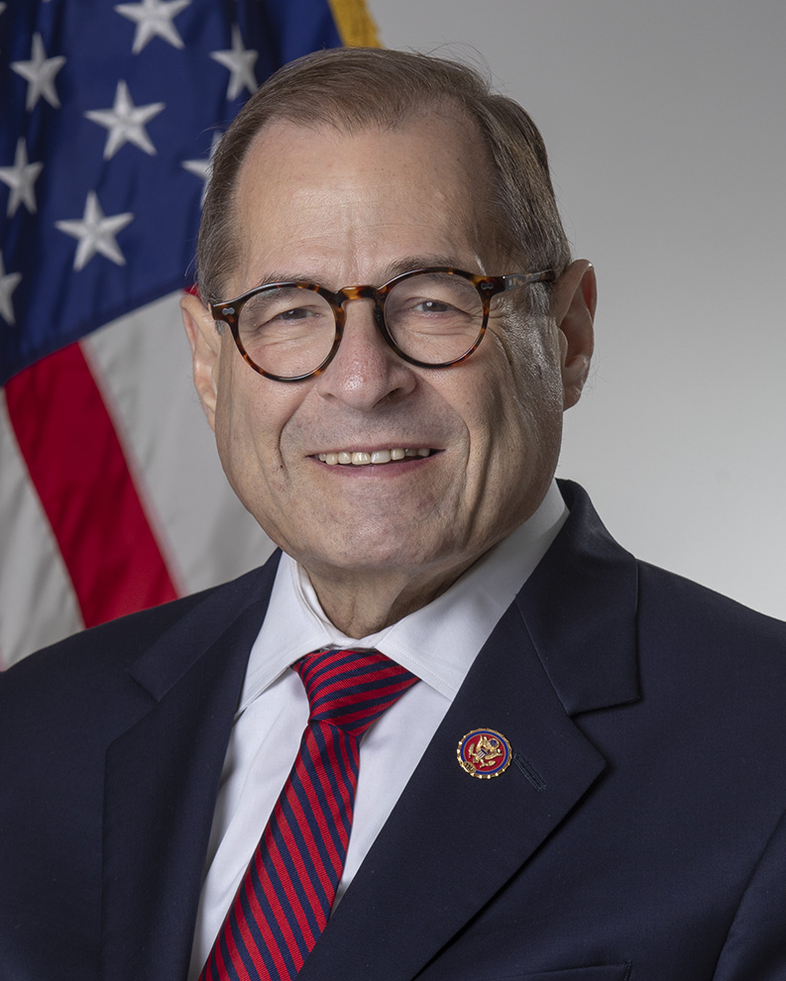
Co-Sponsor
-
TrackJoe Neguse

Co-Sponsor
-
TrackEleanor Holmes Norton

Co-Sponsor
-
TrackAlexandria Ocasio-Cortez

Co-Sponsor
-
TrackJohnny Olszewski

Co-Sponsor
-
TrackChellie Pingree

Co-Sponsor
-
TrackAyanna Pressley
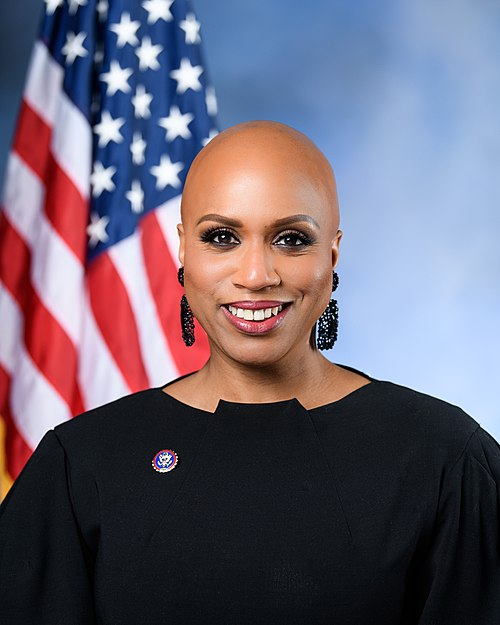
Co-Sponsor
-
TrackMike Quigley
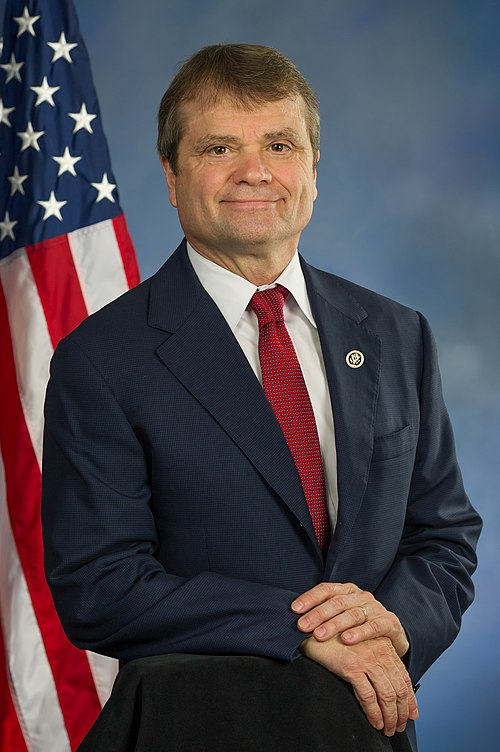
Co-Sponsor
-
TrackDelia C. Ramirez

Co-Sponsor
-
TrackJamie Raskin
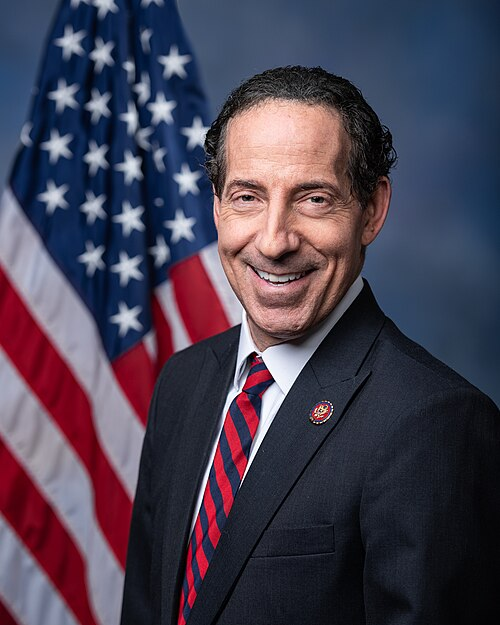
Co-Sponsor
-
TrackDeborah K. Ross

Co-Sponsor
-
TrackMary Gay Scanlon

Co-Sponsor
-
TrackHillary J. Scholten

Co-Sponsor
-
TrackBrad Sherman
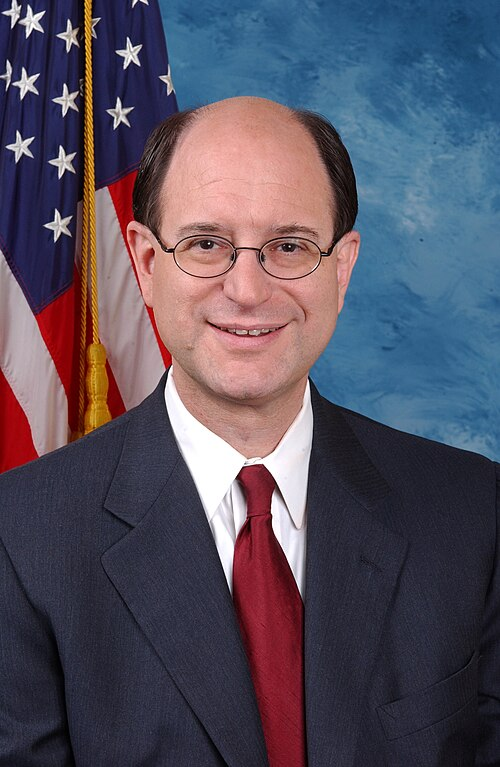
Co-Sponsor
-
TrackMikie Sherrill
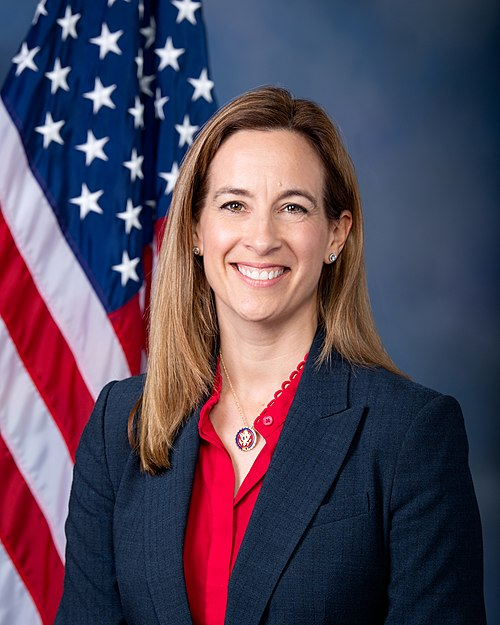
Co-Sponsor
-
TrackAdam Smith

Co-Sponsor
-
TrackEric Sorensen

Co-Sponsor
-
TrackGreg Stanton

Co-Sponsor
-
TrackMarilyn Strickland
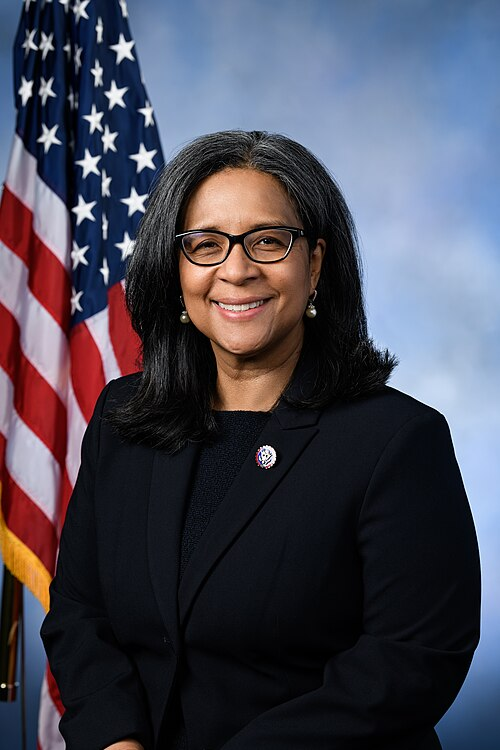
Co-Sponsor
-
TrackEric Swalwell
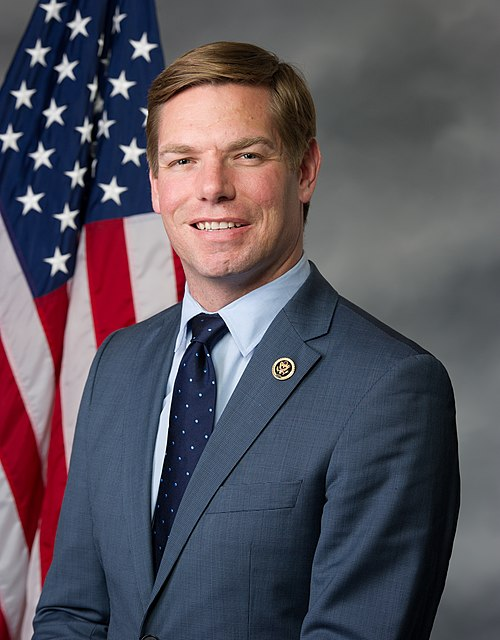
Co-Sponsor
-
TrackShri Thanedar

Co-Sponsor
-
TrackBennie G. Thompson

Co-Sponsor
-
TrackRashida Tlaib

Co-Sponsor
-
TrackJill N. Tokuda

Co-Sponsor
-
TrackJuan Vargas
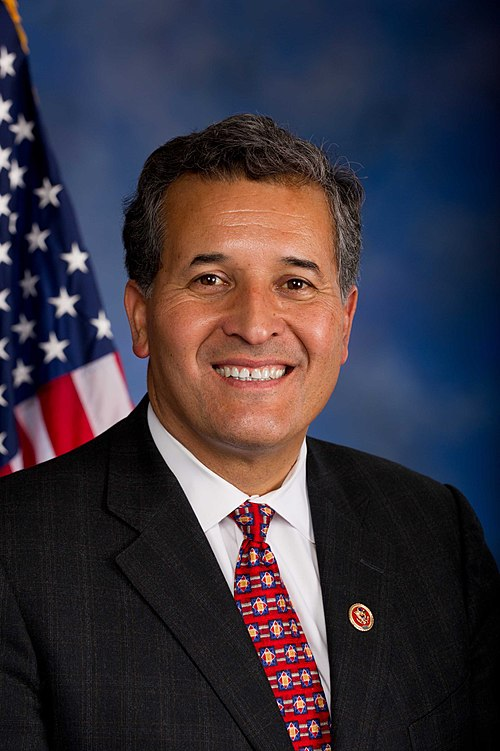
Co-Sponsor
-
TrackNikema Williams

Co-Sponsor
Actions
2 actions
| Date | Action |
|---|---|
| May. 20, 2025 | Introduced in House |
| May. 20, 2025 | Referred to the House Committee on the Judiciary. |
Corporate Lobbying
0 companies lobbying
None found.
* Note that there can be significant delays in lobbying disclosures, and our data may be incomplete.
Potentially Relevant Congressional Stock Trades
No relevant congressional stock trades found.